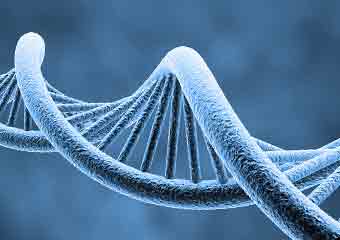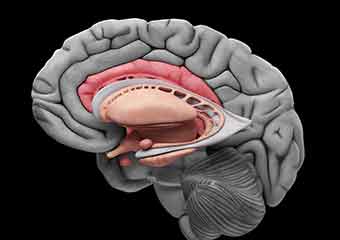For trauma survivors, one of the most insidious roadblocks to healing is often the debilitating feeling of shame that can linger after a traumatic experience. So how can practitioners help clients begin to reclaim a sense of self-worth? Kerstin Jung, PhD and Regina Steil, PsyD, at Goethe University Frankfurt, in Frankfurt, Germany, wanted to find […]
Resistance to PTSD: Could It Be in Your DNA?
Not everyone who experiences trauma develops PTSD. So what might be boosting the resilience of the folks who experience trauma and don’t suffer from PTSD? According to Israel Liberzon, MD, of the University of Michigan, Ann Arbor, genetic factors might play a role. When combined with trauma in early childhood, a tiny DNA change (or […]
Three Ways Trauma Can Change the Brain
The treatment of trauma can be some of the most complex work practitioners face. And for years, this challenge was complicated by not having a clear picture of the impact that trauma has on the brain. But scientific advances within just the past few years have opened the eyes of practitioners to what actually happens […]
PTSD, the Hippocampus, and the Amygdala – How Trauma Changes the Brain
Emotional neurocircuitry . . . . . . it’s how the brain is wired for emotions. But in the brain of a person with PTSD, emotional distress could physically (and perhaps even visibly) change the neurocircuitry. In a normal brain, the interaction between the hippocampus and the amygdala is important for processing emotional memory. It’s […]
Neurofeedback Training for Trauma Treatment
Yesterday in the Rethinking Trauma webinar series, I had a conversation with Sebern Fisher, MA. Sebern is an expert in the use of neurofeedback and has seen tremendous success in implementing this revolutionary technology with patients. Some of the questions that have come up repeatedly are, “How do I get trained on using neurofeedback with […]



